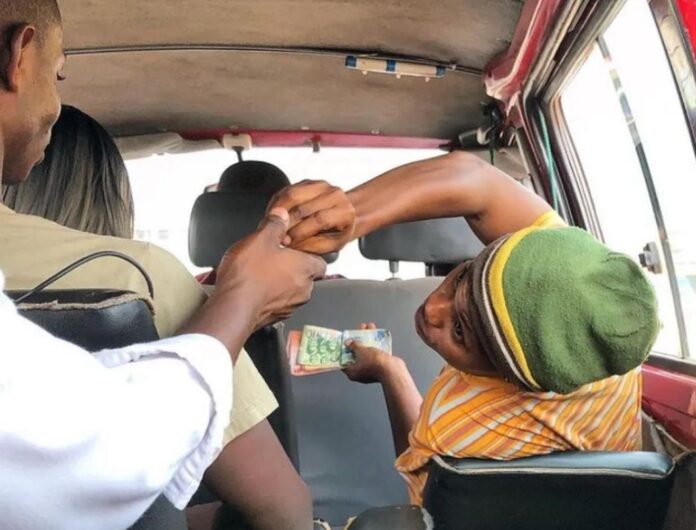As transport fares are expected to be reduced by at least 15% next week, some commercial drivers in Kumasi have come under scrutiny for a growing practice popularly known as “short-short”.
The phenomenon, which involves dropping passengers off midway through their journey and charging additional fares to continue, has sparked concern among commuters who say they end up paying more for shorter trips.
This has become common among ‘Waawaa’ transport operators who ply the Tech, Santasi, Ahodwo and Airport roundabout routes. Some drivers admit to the practice, citing fuel costs, high spare parts prices, and the need to meet daily sales targets as reasons for refusing full-route trips.
“We buy 1 gallon of fuel for 60 cedis. Loading for a straight journey will amount to 62 Cedis. When we don’t do short -short, we’ll use all the money for fuel,” a driver complained.
Another said “we will continue to do short-short. The fuel was increased and has now been decreased. They should maintain the fare. If they insist on decreasing fares, short-short is now about to become rampant.”
However, commuters say the practice is unfair and exploitative, especially when the government is taking steps to ease the cost of transport.
“In the evenings, Ejisu is 5 Cedis but they charge Gh10. From here to town is Gh5.50 pesewas, but you’ll spend about Gh20 coming back and it’s not good. If the fare is about to be decreased, they should decrease it,” a passenger complained.
“They do that when they see lots of passengers. As there’s no one here they’ll go to Kejetia Adum straight. But when they see lots of people they start loading to junction and Oforikrom. It is not good at all,” another commuter expressed.
Commuters in Kumasi are hoping for clear communication and strict regulation of the transport sector to ensure they benefit from the expected drop in fares.
Others are prevailing on the government to populate the system with mass public transport to ease the spate of exploitation.



